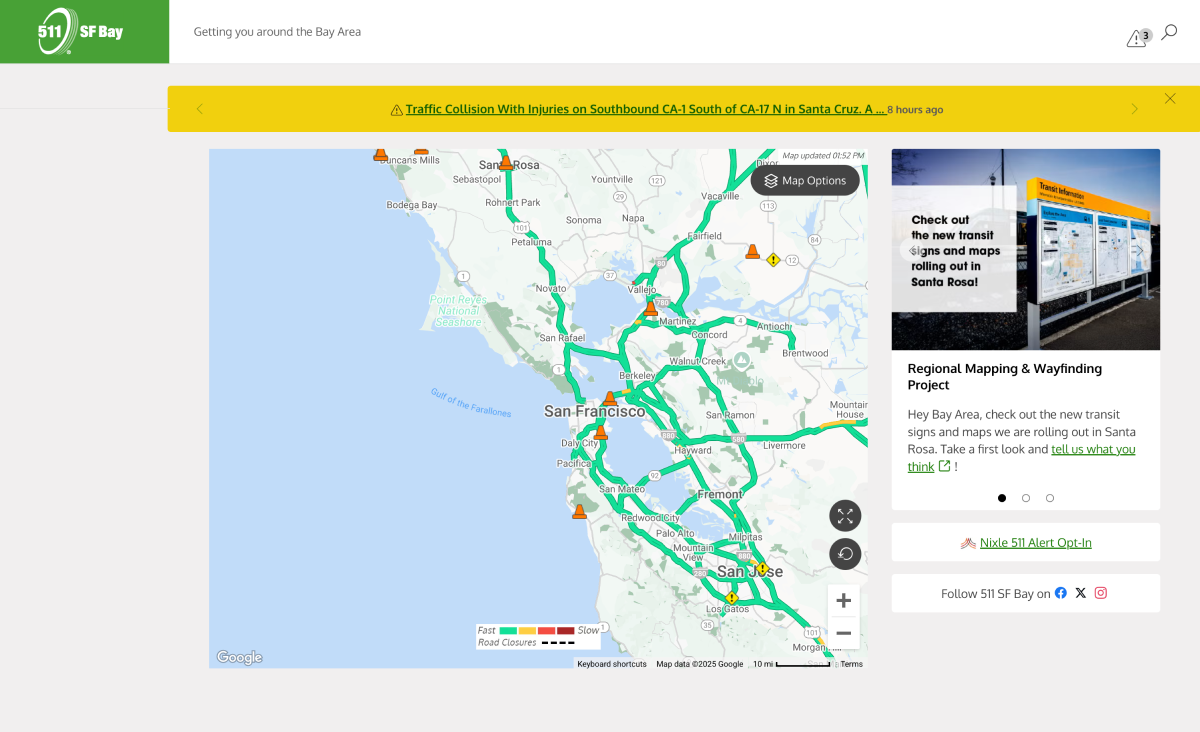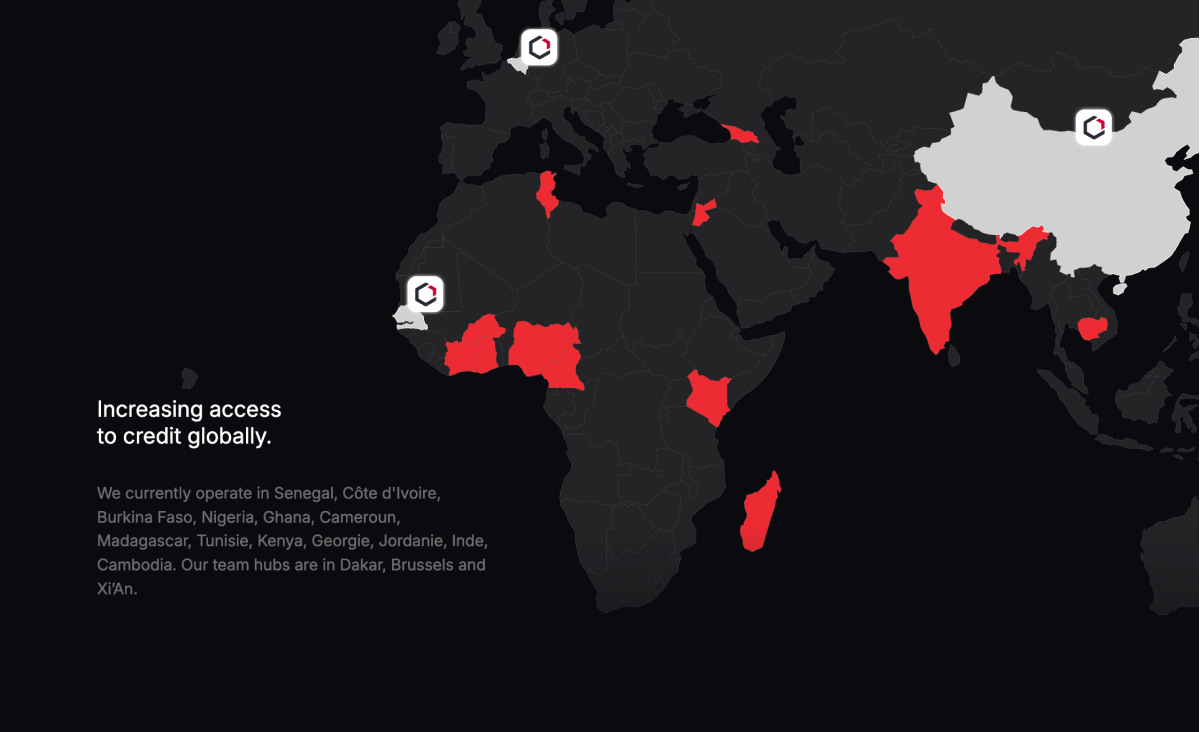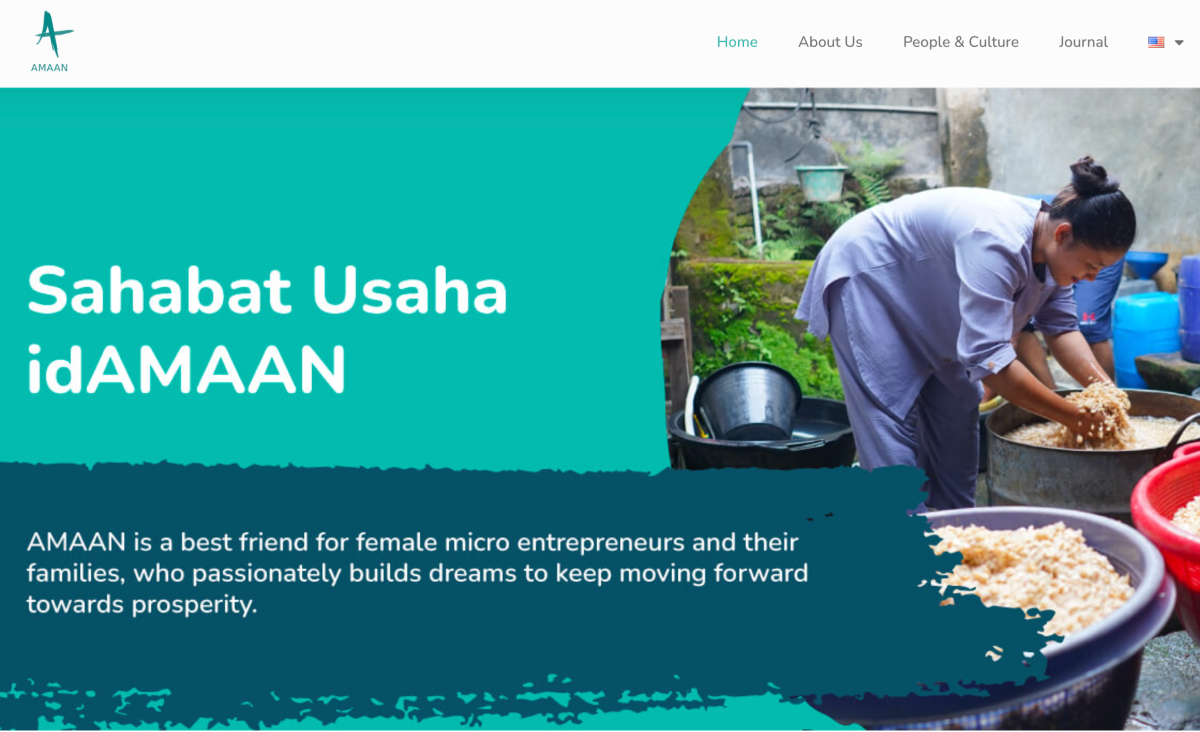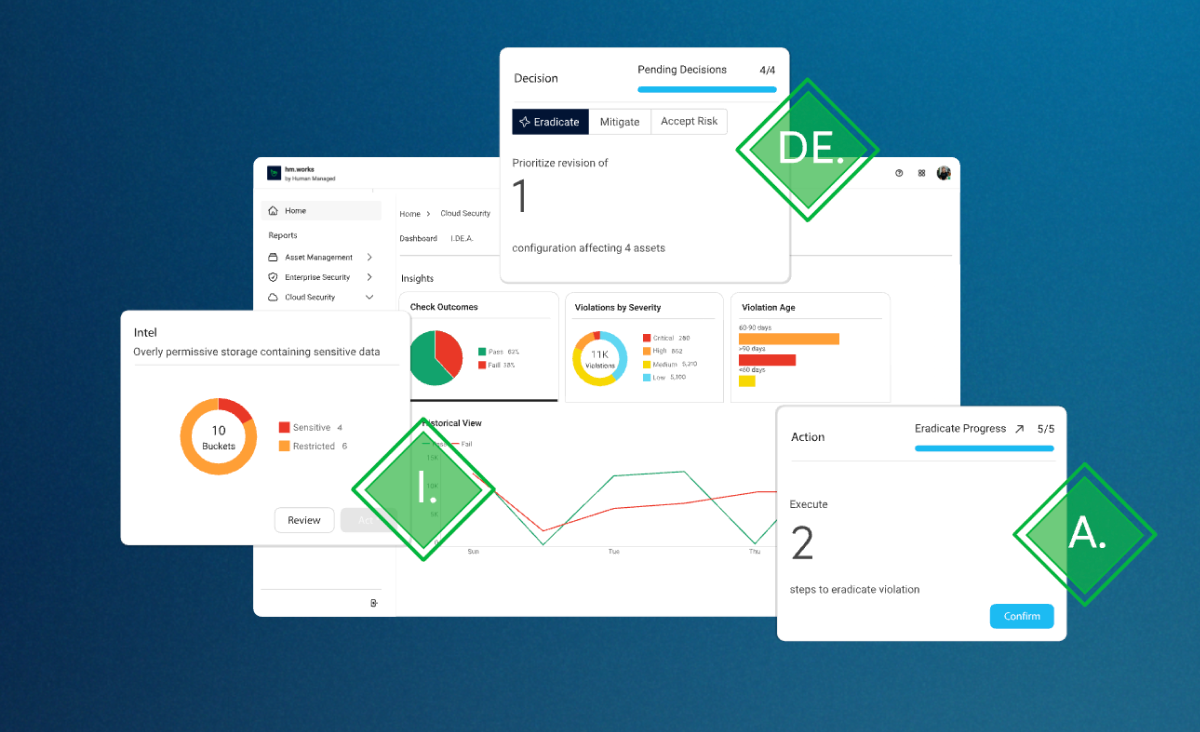Proud to be trusted by our clients
The Tyk API Management platform can be found in every sector, at every scale, across every continent of the globe – even Antarctica!


Browse more customer stories
Ready to start your success story?
Get in touch to learn how our enterprise-ready, full lifecycle API management solution has helped companies like Zeiss, Dollar General, Capital One, and SoundCloud bring visibility, control, and security to their APIs.













